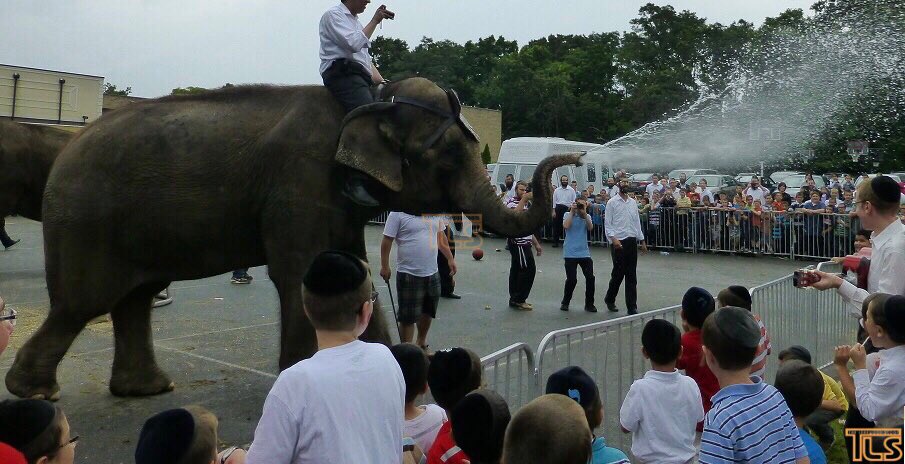 As first reported on our News Alerts on Friday, Legislation prohibiting the use of these animals in traveling acts such as fairs, carnivals, circuses and flea markets in New Jersey was signed into law Friday by Governor Murphy, making New Jersey the first state to ban traveling circuses. The law was sponsored by Assemblymen Raj Mukherji, Andrew Zwicker and Jamel Holley.
As first reported on our News Alerts on Friday, Legislation prohibiting the use of these animals in traveling acts such as fairs, carnivals, circuses and flea markets in New Jersey was signed into law Friday by Governor Murphy, making New Jersey the first state to ban traveling circuses. The law was sponsored by Assemblymen Raj Mukherji, Andrew Zwicker and Jamel Holley.
“Nosey’s Law”, prohibiting the use of elephants and other exotic animals in traveling acts such as fairs, carnivals, circuses and flea markets in New Jersey, has been signed into law by Gov. Murphy. pic.twitter.com/gVu3bsG4Uh
— The Lakewood Scoop (@LakewoodScoop) December 14, 2018
“The law is designated as “Nosey’s Law,” in honor of Nosey the elephant, who is forced to travel the country and give rides at events despite being virtually crippled by arthritis,” they said. “The arthritis has likely caused unnecessary suffering and permanent disability for Nosey, but the U.S. Department of Agriculture has failed to take action to protect Nosey, and Nosey’s owners continue to use her in shows.”
“These are wild, endangered animals, and they should be cared for according to the highest ethical standards to ensure the survival of their species,” said Mukherji (D-Hudson). “We cannot allow ill-equipped handlers of traveling animal acts to mistreat and exploit endangered species.”
A number of other states are considering bans on wild animal circus acts, including Pennsylvania, Massachusetts, Hawaii and New York. A federal bill – the Traveling Exotic Animal and Public Safety Protection Act (TEAPSPA /H.R.1759) – has gained bipartisan support in the US House, to end the use of wild and exotic animals in traveling shows nationwide.
“The mistreatment of any animal is inhumane and wrong,” said Zwicker (D-Somerset/Mercer/Middlesex/Hunterdon). “But it is particularly disturbing when wild, endangered animals are captured, misused, and exploited for profitable entertainment.”
“The conditions some of these animals are forced to endure is deplorable, not fit for any animal,” said Holley (D-Union). “Many of the elephants, large cats and others are among our most endangered species, with only a few remaining. We should be protecting and preserving future generations instead of exploiting them.”
Any violations would be subject to the penalties provided in section 10 of “The Endangered and Nongame Species Conservation Act,” which would include administrative penalties, civil penalties and injunctive relief, but not the criminal penalties described in the law.
This legislation does not apply to a non-mobile, permanent institution or facility licensed by the U.S. Department of Agriculture and permitted by the Division of Fish and Wildlife in the Department of Environmental Protection, institutions of higher education exhibiting wild or exotic animals for educational purposes or outreach programs conducted by government entities.
The bill-turned-law cleared the Assembly and Senate on October 29.


No more traveling circuses. Now, they have to just stay in Trenton all the time.
Trenton is not technically a Circus it only has Clowns and no other acts.
how did this moron ever get elected?
By endorsing the murder of millions of babies. Mevakesh Mashiach B’Karov.
these animals are cared for, fed and groomed etc…he rather them be hunted for their tusks in Asia? these animals love showing off! soo he will ban all zoos
there’s this wonderful tool called Google. type in this topic and them come back and tell me how you are so outraged at this new law.
Google has been found to be biased in their searches. So use their results with care, they can’t be trusted. They give you the results that fit their narrative.
What is Lakewood going to see on Chol Hamoid?